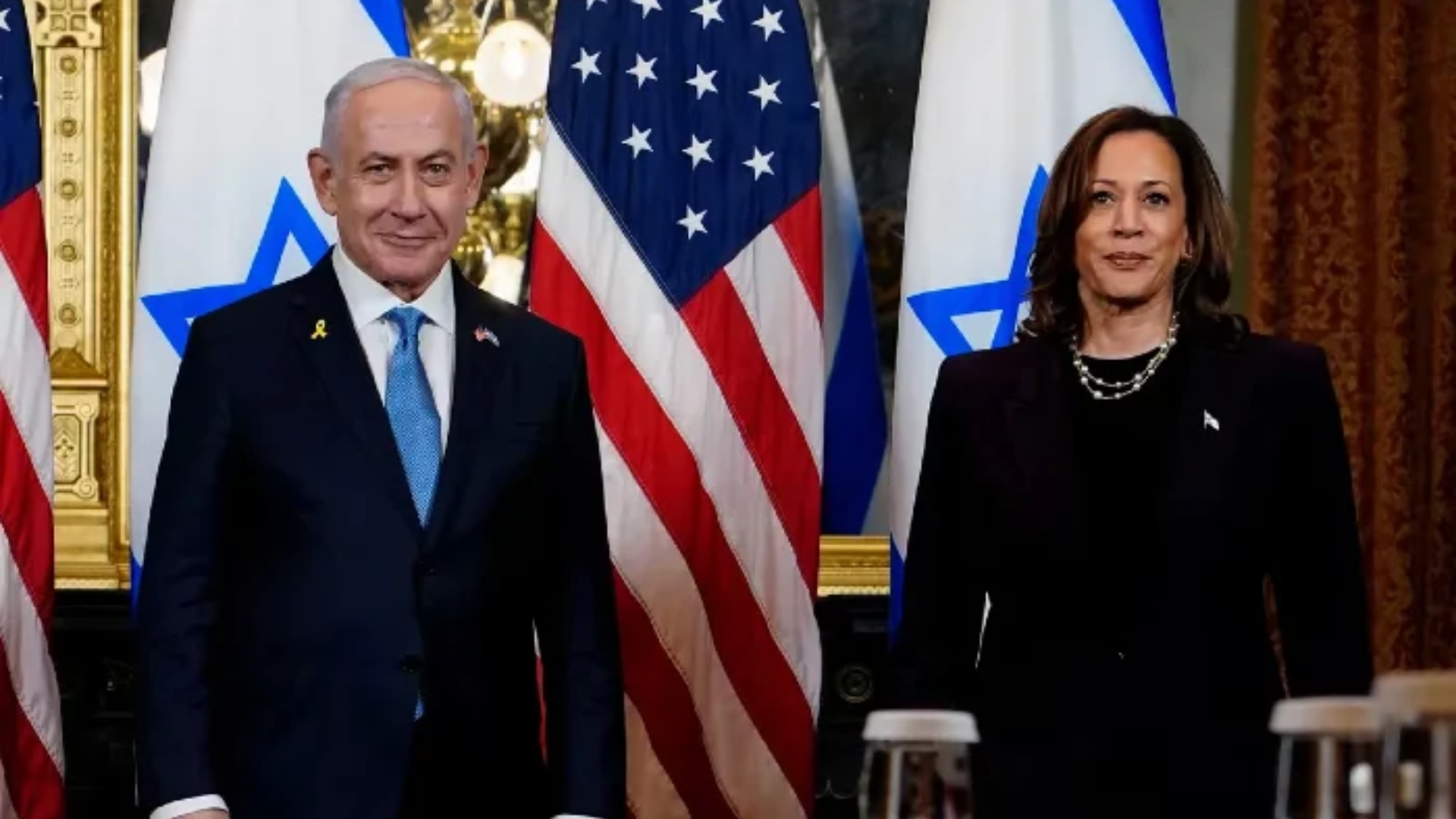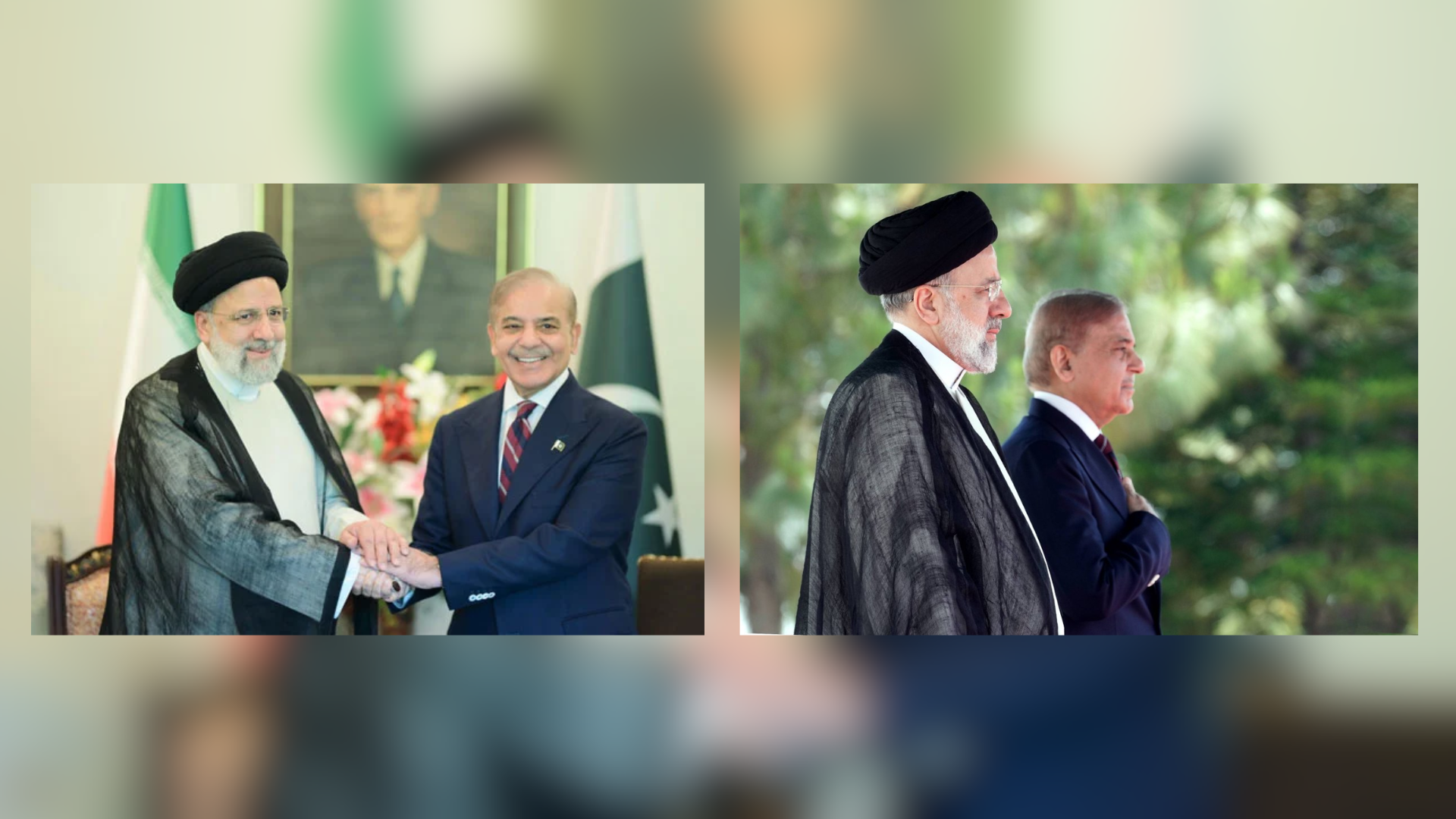In a significant diplomatic move, Islamabad and Tehran have announced their intention to promptly conclude a free trade agreement (FTA) and schedule upcoming sessions of business and trade entities. This development comes despite recent warnings from the United States to Pakistan regarding potential sanctions for conducting business with Iran.
The agreement was reached following a three-day visit to Pakistan by Iranian President Ebrahim Raisi. In a joint statement released by both nations, they affirmed their commitment to a comprehensive review of bilateral relations and expressed their readiness to enhance cooperation across various sectors.
The timing of Raisi’s visit is notable as it comes amidst efforts to mend the strained relationship between the two countries. Earlier this year, tensions escalated when Iran conducted attacks on Pakistani territory in Baluchistan, targeting alleged bases of the armed group Jaish al-Adl. Pakistan responded with retaliatory strikes within Iranian territory, leading to heightened tensions between the neighboring nations.
During his visit, President Raisi held meetings with top Pakistani leadership, including Prime Minister Shehbaz Sharif, President Asif Zardari, and Army Chief General Asim Munir. He extended invitations for official visits to Iran by President Zardari and Prime Minister Sharif, indicating a desire to strengthen bilateral ties further.
ALSO READ: Devastating Floods Claim Dozens Of Lives In Kenya
One of the key areas of cooperation discussed was in the energy domain, with a focus on trade in electricity, power transmission lines, and the Iran-Pakistan gas pipeline project. Both countries expressed a commitment to increasing bilateral trade volume to $10 billion over the next five years, up from the current $2 billion.
Despite challenges faced by the gas pipeline project, including political turmoil and international sanctions, there was a mutual agreement to fully operationalize barter trade mechanisms between the two sides to facilitate economic and commercial activities.
The announcement of the FTA and the progress in bilateral relations between Pakistan and Iran have come under scrutiny from the United States. The US State Department cautioned Islamabad about the potential risk of sanctions following promises of greater security and economic cooperation with Iran during President Raisi’s visit. This warning underscores the complex geopolitical dynamics at play, with Pakistan seeking financial support from allies like the US, Saudi Arabia, and the United Arab Emirates, all of whom are perceived as adversaries of Iran.
Despite external pressures and challenges, the commitment of Islamabad and Tehran to strengthen economic and diplomatic ties signals a significant step forward in regional cooperation and stability.
















